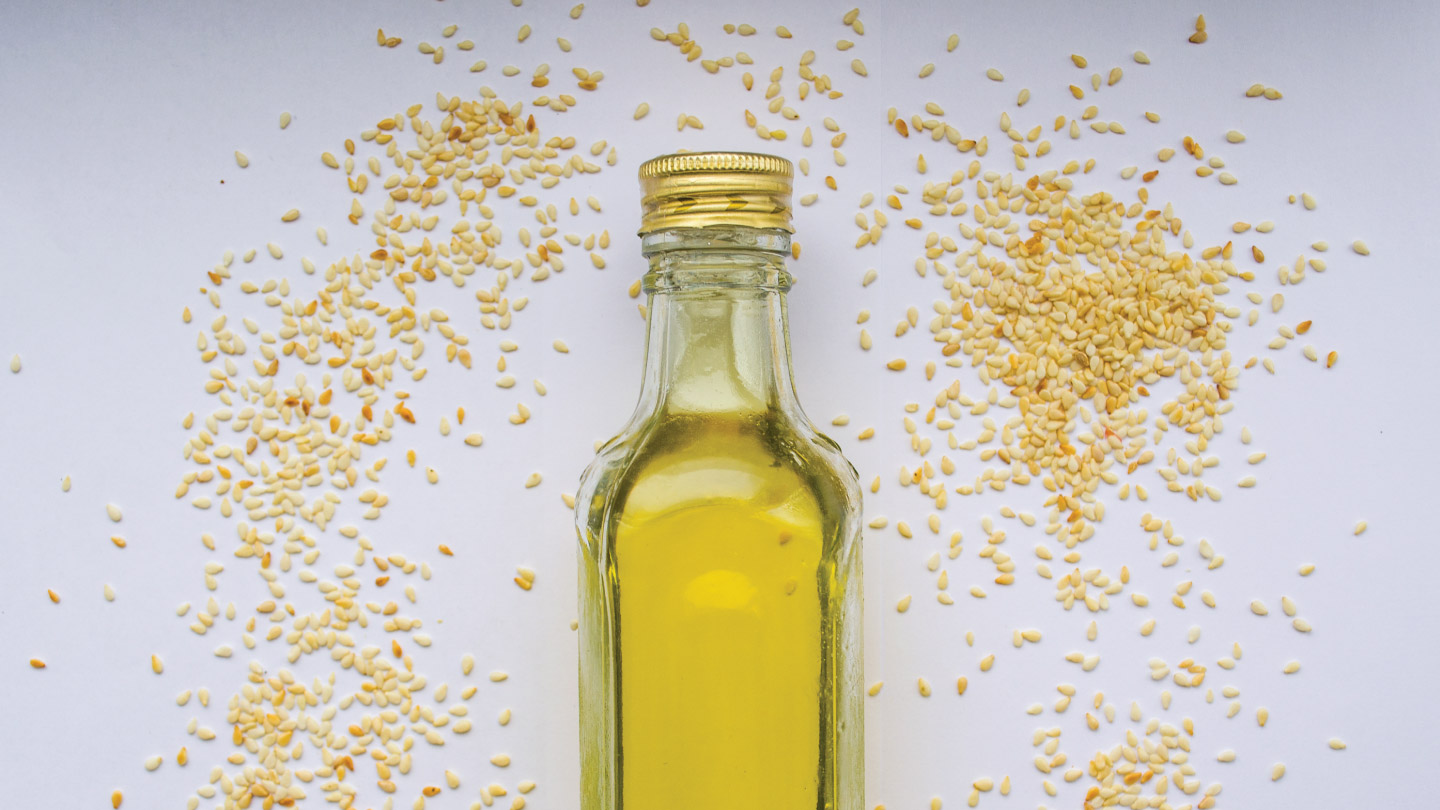Miscellaneous
Oil Pulling: Ancient Ritual or Modern Dental Hack?
From Ayurveda texts to Instagram reels, oil pulling for dental health has journeyed across centuries. But does swishing oil really clean more than it claims, or is it just another wellness fad? Let’s find out from an expert.

Every few years, the wellness world rediscovers something ancient and packages it as the next miracle. Right now, it’s oil pulling — the practice of swishing oil in the mouth for 10 to 20 minutes, hailed as everything from a natural teeth whitener to a detox ritual. Celebrities swear by it, social media amplifies it, and coconut oil sales rise with the hype.
But beyond the glossy hashtags, Ayurveda and modern research both point to a more balanced truth. According to Dr. Zankhana Buch, CMO, Apollo AyurVAID, oil pulling, known in Ayurveda as Gandusha or Kavala Graha, was never meant to be a miracle cure. Instead, it was one part of dinacharya designed to keep the mouth, gums, and digestive system in harmony. Here’s her take on oil pulling:
Related Story: 6 Ayurvedic Remedies for Better Health
The Ayurvedic Roots of Oil Pulling
Long before it became a social media trend, oil pulling was described in classical Ayurvedic texts, such as the Charaka Samhita and Sushruta Samhita. The method was simple but intentional: hold the oil in the mouth, sometimes swish it around, and then spit it out. The benefits, however, were considered wide-ranging:
- Strengthening gums and teeth
- Reducing dryness of the mouth
- Improving voice clarity
- Enhancing taste perception
- Maintaining oral cleanliness
Ayurveda outlines four distinct types of Gandusha Kriya, of which Snaihik Gandusha (oil-based pulling) is the most popular today. Others included Shodhan (cleansing), Ropan (healing), and Shaman (soothing) preparations using herbs, decoctions, or ghee.
“Ayurveda never positioned oil pulling as a cure for chronic diseases. It was always about maintaining oral health as the foundation of overall well-being,” explains Dr Buch.
Related Story: Silent Breakfast Ritual: Ayurvedic, Mindful Mornings
What Modern Science Says
Recent clinical studies support practices that have been historically used. A study published in the National Library of Medicine in 2009, titled “Effect of Oil Pulling on Plaque-Induced Gingivitis: A Randomised, Controlled, Triple-Blind Study,” found that oil pulling is effective in reducing plaque, gingivitis, and harmful bacteria like Streptococcus mutans, which is a major contributor to tooth decay.
The science lies in the oral microbiome. Coconut and sesame oil have natural antimicrobial and anti-inflammatory properties, which can help rebalance bacteria in the mouth. This not only keeps breath fresher but also supports gum health and lowers the risk of cavities.
However, experts caution against overblown claims. While oil pulling supports oral hygiene, there’s no scientific proof that it can “detox the body,” prevent heart disease, or cure migraines.
Related Story: Oral Health Tips for Sparkling Teeth: 9 Things Your Dentist Wants You to Know
How to Practise Oil Pulling Safely
Dr. Zankhana suggests the following:
- Oil choice: Sesame oil is the classical Ayurveda recommendation; coconut oil is also widely used today.
- Timing: Best done in the morning on an empty stomach.
- Duration: Start with 5 to 10 minutes; gradually increase if comfortable.
- Disposal: Spit into the bin, not the sink; oils can clog drains.
- Complementary care: Continue regular brushing, flossing, and dental check-ups.
“Oil pulling works beautifully as an add-on to brushing and flossing, not as a substitute,” says Dr Buch.
Related Story: What to Do This Winter According to Ayurveda
The Hype vs. The Reality
The global wellness industry thrives on dramatic promises, and oil pulling has been caught in the swirl of “detox culture” and celebrity endorsements. But at its core, it remains what Ayurveda always intended: a simple, cost-effective, and natural practice to support dental health and oral hygiene.
So, is oil pulling a miracle cure? No. But is it worth adding to your morning routine? Absolutely — as long as you see it for what it is: a gentle, complementary ritual that strengthens oral health, balances the microbiome, and keeps your gums and teeth happy.
In short, swish, but don’t get swept away by the hype. Oil pulling isn’t magic, but it’s a timeless reminder that sometimes, simple habits carry lasting wisdom.
Need all your wellness solutions in one place? A whole new world awaits just a click away.
EXPLORE MORE
Artificial turf is everywhere, from your kid’s soccer field to the local playground, but what’s really hiding beneath those green plastic blades? Let’s shed light on this popular grass alternative.
From making us responsible to teaching life lessons, teachers play an irreplaceable role in everyone’s life.
Great relationships aren’t about perfection; they’re about presence, curiosity, and the courage to grow together.
Scary dreams may be ageing you faster than birthday candles ever could. Read how nightmares may be impacting both your mental health and longevity.



.jpg)
.jpg)
.jpg)
.jpg)
